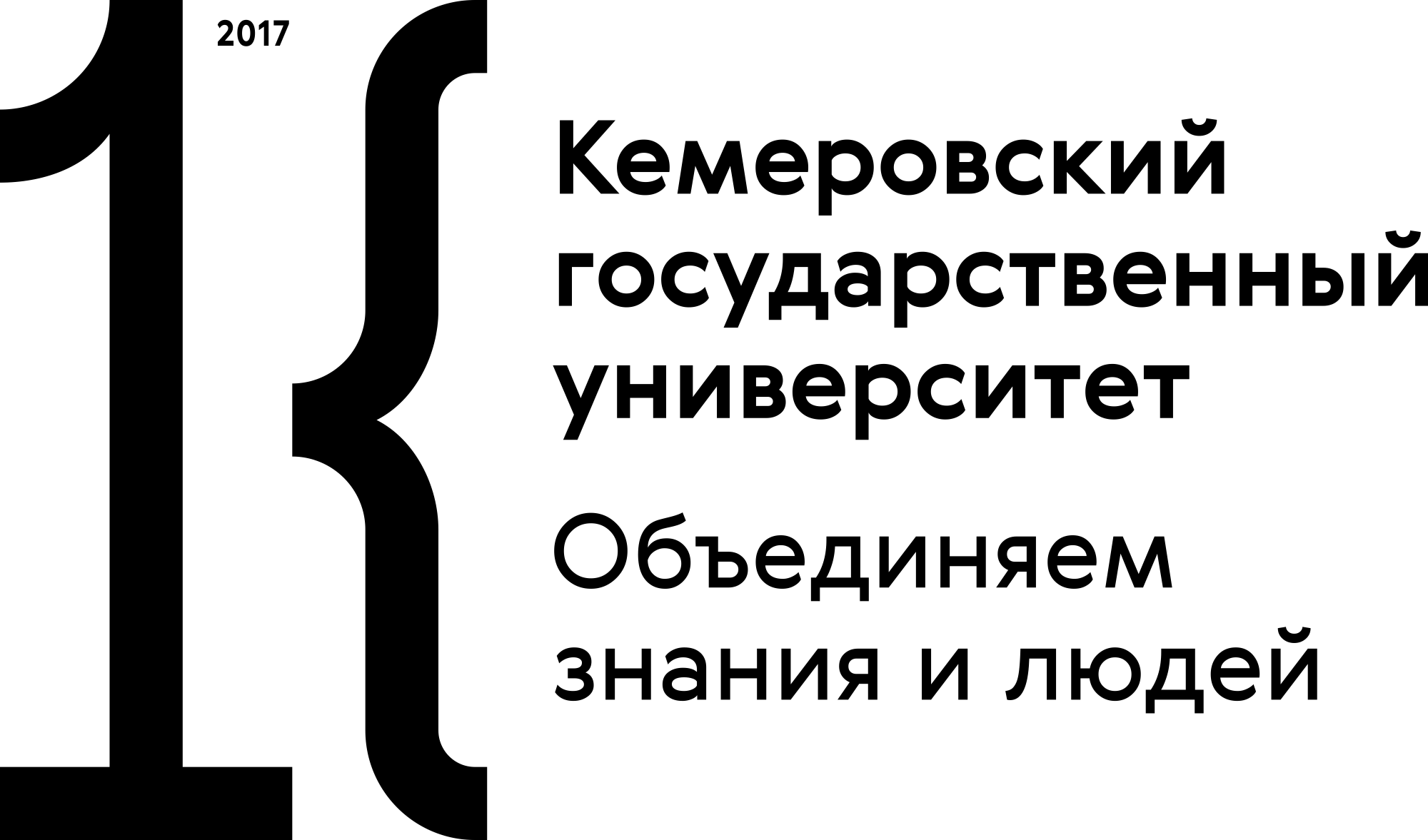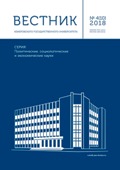Kemerovo, Kemerovo, Russian Federation
The present research features anthroposociality, economy, and technology as three dimensions of knowledge management in the firm. The purpose of the research is to substantiate the advancement of anthroposociality for knowledge management as the non-material dimension in the transition to the socialized knowledge economy in comparison with material dimensions. The research method is the analysis of conceptual models of knowledge management through the prism of the methodological triad "anthroposociality – economy – technology". The author proposes a new dimension of knowledge management in the firm, i.e. anthroposociality, and formulates the theoretical foundations of practical measures in technology and economy, which determine the correlation of the chosen dimensions of knowledge management in industrial economy, capitalized knowledge economy, and socialized knowledge economy. The author determines the priorities of these dimensions according to the objectives of knowledge management in a firm operating in one of the economies mentioned. The results can be used for the development of the personnel and social policies. Conclusions: 1. The theoretical basis "anthroposociality is the measure of practicality of the economy" is substantiated by the priority of the benefits of the social economy to the employees in the form of their health, as well as moral and material wellbeing in the society. 2. For knowledge management, the following aspects have been established: the predominance of technology in the industrial economy, since its goal is the production application of knowledge of employees to extract profit; the primacy of economy in the capitalized knowledge economy because of the goal of making a profit by developing the intellect of the worker; the priority of anthroposociality in the socialized knowledge economy due to the goal of the all-round development of the individual-worker by making a profit from the use of technology. 3. Development of the personnel and social policies of the firm, taking into account the proposed dimension of knowledge management, will increase the importance of anthroposociality in the management of a modern firm, which will become a condition for the goal-in-itself development of workers in the knowledge economy.
knowledge economy, dimension of knowledge management, sociality, economy, technology, socialized knowledge economy
1. Zhernov E. E., Zhernova N. A. Nauchnoe i gumanisticheskoe napravleniia v klassicheskikh zapadnykh teoriiah menedzhmenta: problema sinteza na osnove znaniia [Scientific and humanistic trends in classical Western management theories: the problem of synthesis on the basis of knowledge]. Stanovlenie ekonomiki znanii: ot teorii k praktike regiona [Formation of the knowledge economy: from theory to practice of the region]. Ed. Osokina N. V., Zhernov E. E. Kemerovo, 2012, 74-111.
2. Zhernov E. E. Antroposotsial'nost' obmena professional'nymi znaniiami v firme [Anthroposociality of professional knowledge sharing in the firm]. Idei i idealy = Ideas and Ideals, no. 1 (2017): 102-113. DOI:https://doi.org/10.17212/2075-0862-2017-1.2-102-113
3. Nestik T. A. Modeli upravleniia znaniiami v rossiiskih organizatsiiakh: sotsial'no-psikhologicheskii analiz [Knowledge management models in Russian organizations: socio-psychological analysis]. Sovremennye tehnologii upravleniya = Modern Management Technologies, no. 1 (2014): 30-37.
4. Gallagher S., Hazlett S. Using the Knowledge Management Maturity Model (KM3) as an Evaluation Tool. Paper presented at Conference on Knowledge Management Concepts and Controversies, University of Warwick, Coventry, February 10-11, 2000.
5. Zack M. Developing a Knowledge Strategy: Epilogue. The Strategic Management of Intellectual Capital and Organizational Knowledge. N. Bontis and C. W. Choo (eds.), Oxford University Press, March, 2002. Available at: http://web.cba.neu.edu/~mzack/articles/kstrat2/kstrat2.htm (accessed 01.04.2018).
6. Sexton J. C. The creation of new knowledge through the transfer of existing knowledge: examining the conundrum of creation and control in innovation. Dr. Philos. Sci. Diss. 2012. Available at: https://pqdtopen.proquest.com/doc/1287996246.html?FMT=AI&pubnum=3551215 (accessed 01.04.2018).
7. Yarovaya E. V. Sotsial'naia nauka v kontekste obschestvenno-istoricheskogo i nauchnogo protsessa (na primere SShA) [Social science in the context of socio-historical and scientific process (the USA case)]. Moscow: IMEMO, 1995, 86.
8. Shabanova M. A. Sotsioekonomika kak aktual'noe mezhdistsiplinarnoe napravlenie: vklad sotsiologii [Socio-economy as an actual interdisciplinary area: the contribution of sociology]. Sotsiologicheskie issledovaniia = Sociological Studies, no. 11 (2013): 64-75.
9. Aristotle. Metafizika [Metaphysics]. Aristotle. Sochineniia [Works by Aristotle]. Moscow: Mysl', vol. 1 (1975): 63-367.
10. Zhernov E. E. Kakoe znanie neobkhodimo ekonomike znanii? [What knowledge is necessary for the knowledge economy?]. Rossiia molodaia: materialy IX Vserossiiskoi nauchno-prakticheskoi konferentsii s mezhdunarodnym uchastiem (18-21 aprelia 2017 g.) [Young Russia: Proc. Russian Sci.-Prac. Conf. with Intern. Participation (April 18-21, 2017)]. Kemerovo, 2017, 74019. Available at: http://science.kuzstu.ru/wp-content/Events/Conference/RM/2017/RM17/pages/Articles/0704019-.pdf (accessed 01.04.2018).

















